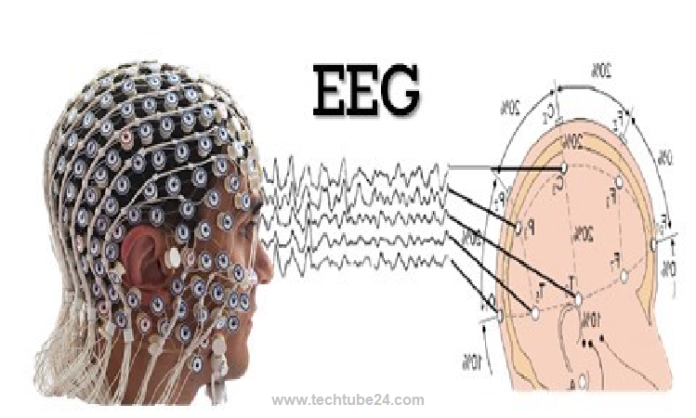
Table of Contents
In recent years, the field of neuroscience has witnessed remarkable strides, and one of the most intriguing areas of progress is the application of EEG (Electroencephalography) technology in unraveling the mysteries of the human mind. This article delves into the groundbreaking advancements (Mind-Reading Advancement) in EEG research, shedding light on how this technology is providing unprecedented insights into cognitive processes and mental health.
Understanding EEG Technology:
Electroencephalography is a non-invasive neuroimaging technique that measures electrical activity in the brain by recording the fluctuations of voltage at the scalp. EEG has long been utilized in clinical settings to diagnose and monitor conditions such as epilepsy. However, recent advancements have expanded its applications, turning EEG into a powerful tool for decoding the intricacies of the human brain.
Decoding Cognitive Processes:
EEG research has made significant strides in decoding cognitive processes, offering a glimpse into the complex mechanisms underlying human thought. Scientists have been able to identify neural signatures associated with various cognitive functions, such as attention, memory, and decision-making. This newfound ability to observe the brain in action has far-reaching implications for fields ranging from psychology to artificial intelligence.
Mind-Reading Applications:
One of the most exciting aspects of EEG research is its potential for mind-reading applications. Researchers are exploring the development of brain-computer interfaces (BCIs) that allow individuals to control external devices using their thoughts. This has promising implications for individuals with physical disabilities, providing them with a means to interact with the world through the power of their minds.
Furthermore, EEG-based mind-reading technology is being investigated for its potential in enhancing communication. Scientists are working on systems that can translate brain activity into text, opening up new possibilities for individuals with conditions that limit their ability to communicate verbally.
Unraveling Mental Health Mysteries:
The link between EEG technology and mental health research is another area of tremendous promise. EEG can be used to identify biomarkers associated with various mental health conditions, such as depression, anxiety, and schizophrenia. This has the potential to revolutionize the diagnosis and treatment of mental disorders by providing objective, neurophysiological measures that complement traditional clinical assessments.
Additionally, EEG is being employed to study the effects of therapeutic interventions, offering researchers a real-time window into the impact of treatments on brain function. This could lead to more personalized and effective approaches to mental health care.
Challenges and Ethical Considerations:
While the advancements in EEG research are undeniably exciting, they also raise important ethical considerations. Issues related to privacy, consent, and the potential misuse of mind-reading technology must be carefully navigated. As the capabilities of EEG continue to expand, it is crucial for researchers, policymakers, and society at large to address these concerns proactively.
Conclusion:
The ongoing advancements in EEG research are ushering in a new era of understanding the human mind. From decoding cognitive processes to unveiling insights into mental health, EEG technology (Mind-Reading Advancement) holds the potential to transform how we perceive and interact with our own thoughts. As scientists continue to push the boundaries of what is possible, the ethical and societal implications must be carefully considered to ensure that these mind-reading advancements are harnessed responsibly for the betterment of individuals and society as a whole.
Related Articles:
Background of Technology : Present and Future

























